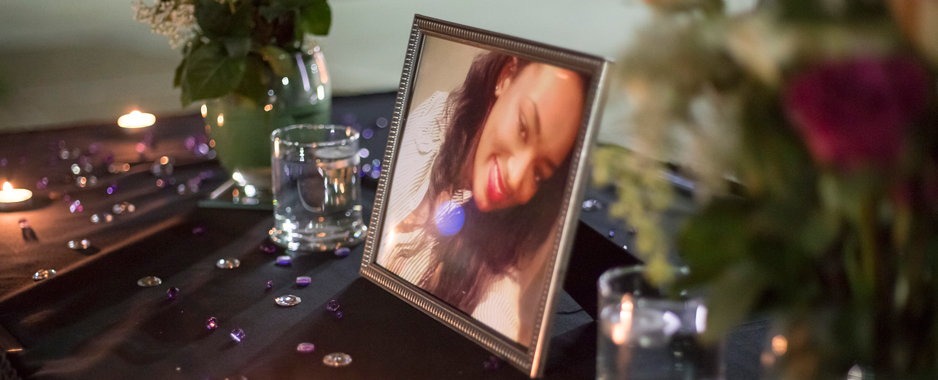By Tabitha Redder/managing editor
Many are anticipating Halloween this year, even planning their costumes weeks in advance, some with little regards to where the costume originated.
Cultural appropriation occurs when someone takes elements of one culture, usually a minority or other oppressed group, and uses them for his/her own. This can happen frequently on Halloween.
“People tend to dress up for Halloween in costumes they find interesting, but they don’t think to take a step back and look at how another person who might be involved in this culture would feel,” NW criminal justice assistant professor Sonya Brown said.
Brown explains this in a scenario of a young boy wearing an Indian costume.
“For him, he likes to play cowboys and Indians. There’s not a big deal in his mind, but he has a specific interest in it because he likes what he sees them do,” she said. “But for someone in the Indian culture, there might be an issue because of what has happened through history involving the Indians and the Americans. Culturally, they may take offense because they don’t see it as being ‘oh, just a fun-and-games type thing’ but more as a hit to who they are.”
The best defense against offending one with a costume is knowing the culture, Brown said.
“What do you know about [Pocahontas]?” she said. “It’s just learning about the people we’re dressing up as. It’s not just a simple character like we’re dressing up as Superman. Superman doesn’t have a history. When you start dressing up as real living people, cultural people, then you have to take into consideration that you need to understand where these people are in our society.”
Using an example from the same popular Disney film, NW sociology instructor Krisler Bailey said historical accuracy is important when donning another culture’s attire.
“If they were dressing like Pocahontas and yet they were making the skirt super, super short and instead of wearing traditional Native American shoes they threw on a pair of stilettos, I think that’s where the issues come in,” she said. “It has to be something that’s true to what the character actually is or who the historical figure is.”
Juan C. Silva, president of South Campus’ Latin American Student Success Organization, said he believes Halloween is a day people can express themselves freely but agreed that mindfulness is the best way to avoid offending someone.
“I might not get offended, but other people might. So it’s always better to have some educational background of what you’re wearing before you start wearing it in public,” he said. “As long as they know what they’re wearing and explain their knowledge, I don’t have a problem.”
Brown challenges those who don’t wear other cultures’ clothing because they shrink away from the possibility of upsetting someone.
“If you stay away from those things, you will be safe. But the question is not will you be safe but being respectful,” she said. “Being able to say, ‘I’m not doing this poking fun at this person or without any knowledge at all,’ but ‘I’m doing this out of respect because I know what Pocahontas stood for’… I should be able to look at whatever you’re doing and see the respect you have for that time period.”



















